Earlier in May 2019, I wrote about Lean Culture Hacking as H2/H3 exploration via Capstone projects and highlighted how Capstone projects can be effective to diffuse innovation within an organization. Based on our experiences running Digital Health boot camps, we decided to give our approach a name.
HYBRID. Similar to how Cloud Computing has used the term Hybrid Cloud to refer to balancing the needs of old and new in parallel, HYBRID represents an integrated service that bridges organizational innovation and talent development.
Existing alternatives? Often both organizations and students are not ready to commit to a formal incubator or accelerator - they want to experiment more at lower risk and cost. From an organizational perspective, getting started can be the hardest part. From a student perspective, pure academic approaches with rigid curriculums and informal coordination can lack the dedicated capstone mentoring required to acquire key concepts and skills required to adapt to real-world problems. Although coding boot camps are popular, many students can not afford or do not know which ones are aligned with their specific career objectives.
HYBRID benefits. HYBRID hyperfocuses on industry-specific immersion required to frame problems properly and get to a representative minimum viable product (MVP) that gets to a win-win. An organization gets innovation, clarity, and focus; students acquire team formation experiences and tactical skills necessary post ideation and MVP execution.
Bridging the 3 C’s gap. Digital leaders such as Nadella (Hit Refresh - Nadella, 2015) claim innovation leadership requires a holistic blend of 1) concepts, 2) capabilities, and 3) culture. A common problem we see is many organizations are not structured to acquire innovation capabilities. They are primarily focused on H1 execution with limited capacity to look beyond. HYBRID is structured for organizations to innovate, co-create, and inspire the next generation by providing a low-risk environment to kick-start ideation while anticipating downstream team formation. This way, both organizations, and students are able to practice co-creating such that concepts, capabilities, and culture stick.
Facilitation and mentoring need dedicated focus. Healthcare and Digital Health is a complex domain with a steep learning curve. It requires facilitation and mentoring with an experienced team with real-world perspectives on patient/caregiver empowerment, healthcare policy, relevant HIT standards, and the modern Digital Health Platforms (DHP) industry direction. For resource-constrained organizations, we offer 7-week and 14-week boot camps that include primary sponsor, subject matter experts (SMEs), technical lead, and student complement of 3 to 4 students matched using our internal assessments and rubrics.
Experiential learning (EXL) with real problems and real data. Get beyond the ad hoc student tutorials - innovate as a team towards a real and tangible MVP running on-premises or on the cloud.
Reference architecture. We have isolated many organizational and student learning challenges into a common reference architecture to accelerate both problem ideation and solution delivery. We currently support MVPs on cloud partner platforms: 1) Microsoft Azure, and 2) Google Cloud Platform (GCP).
Academic partners. Based on organizational needs, teams can be composed of designers, analysts, or tactical data engineers, and application developers. We bring these relationships to HYBRID so organizations can focus on problems rather than project coordination.
Recent case study. Congratulations to Saadia Malik, Abrar Al-Refai, Shazia Mariam, and Pavanjot Khera who successfully navigated our HYBRID boot camp. HYBRID boot camp instructors were Edward Villasenor (Project Lead), Florence Cusi, MD, Ephraim Caangay, MD, and myself.
HYBRID - Fall 2019 Cohort
Based on real-world scenarios for families coordinating caregiving for their elders that are geographically separated from them, the boot camp team delivered an MVP running on GCP and leveraging modern AI approaches for natural language processing (NLP). Armed with Google Colab, TensorFlow, and other GCP platform tools, they improved our existing NLP models (CNNs, RNNs) and proposed new approaches. Additionally, the team presented new data quality and augmentation approaches to address our existing data challenges as well described by E&Y here. By demo day, we had an MVP powered by improved NLP models and some clear next steps towards more recent innovations such as Google BERT.
Interested in learning more about HYBRID? Co-create with us. At ONTOADAPTIVE, LLC (OA), we are passionate about making a real-world impact where humans and cognitive technologies meet. We approach industry problems, engage clients, and build products with a “culture hacking” mindset. Drop us a line.

